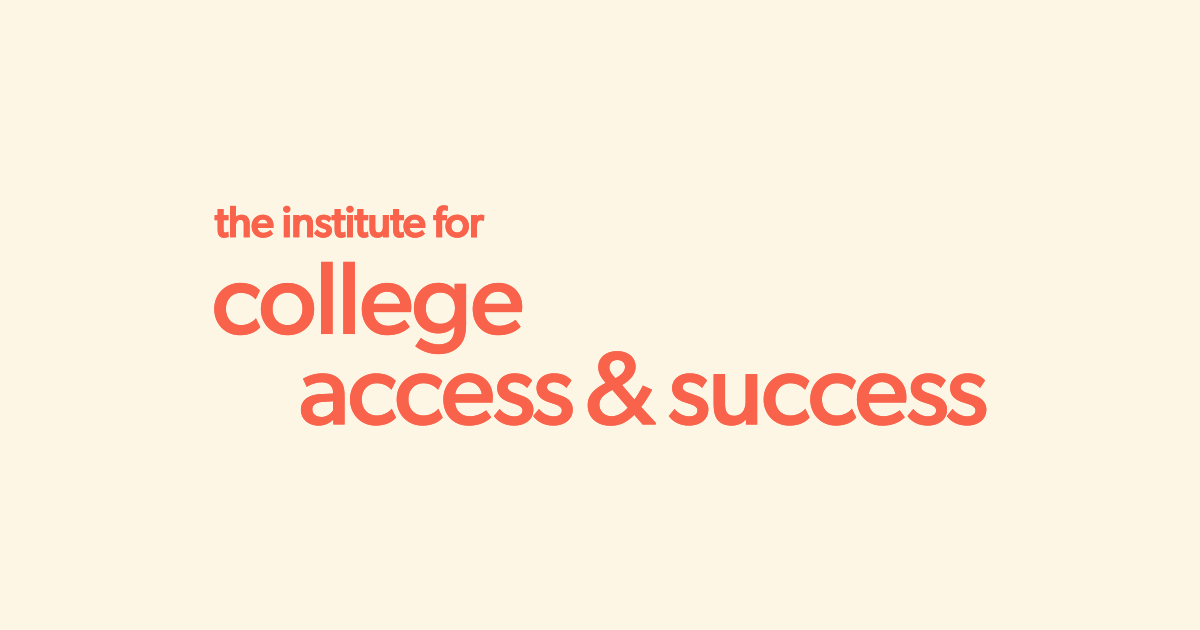[ad_1]
Washington D.C. — Over the past several days, the Senate Committee on Agriculture, Nutrition, and Forestry and the Senate Committee on Finance released their respective reconciliation bills that include their proposals on the Supplemental Nutrition Assistance Program (SNAP) and Medicaid. The benefit cuts would worsen basic needs insecurity and add pressure to state budgets. The following are key components of the Senate reconciliation proposals with implications for higher education:
Senate Committee on Agriculture, Nutrition, and Forestry
- Program Benefits Cost Shift to States
- Does not require states with an error rate lower than 6% to pay for SNAP benefits.
- 6-8% error rate: pay 5% of SNAP benefits.
- 8-10% error rate: pay 10% of SNAP benefits.
- 10% error rate and above: pay 15% of SNAP benefits.
- Does not require states with an error rate lower than 6% to pay for SNAP benefits.
-
- These rates are comparatively lower than the House’s proposal of having states pay up to 25% of SNAP benefits. However, as we described previously, a 10% cost shift will require states to find millions of dollars in their state budgets, at a time when many states have seen declining tax revenues and projections of short- and long-term fiscal shortfalls.
- According to the Center on Budget & Policy Priorities, every state, except South Dakota, has had an error rate of over 6% for at least one year over the past two decades.
- SNAP is currently administered through a partnership between the federal government and the states, at about a 50/50 share. Beginning in FY27, the federal government would decrease their share to 25%, making states responsible for 75% of SNAP administrative costs.
- Expansion of Work Requirements
- Following the House proposal, the bill increases the work requirement age from 54 to 64.
- SNAP participants with children over 10 would also be subject to work requirements, while the House proposes this for those with children over 7.
Senate Committee on Finance
- Creates Work Requirements for Medicaid Enrollees
- The bill creates work requirements for the Medicaid program, requiring that able-bodied adults ages 19 to 64 work at least 80 hours a month as a condition of eligibility. This mirrors the inclusion of work requirements in the House Energy & Commerce proposal.
- Exempt populations include parents and caretakers of someone with a disability or a child 14 or younger and foster care youth through age 26.
- Reduction of Provider Taxes
In response, Sameer Gadkaree, president of The Institute for College Access & Success, released the following statement:
“The SNAP and Medicaid proposals from the Senate Committee on Agriculture and the Senate Committee on Finance will make it more difficult for students around the country to successfully enroll and complete a quality degree or credential program. Parenting students, adult learners, and first-generation students—who are disproportionately likely to experience food insecurity and health concerns—would be particularly affected.
“If students cannot stay enrolled and complete a college credential due to SNAP and Medicaid restrictions—including narrowly-framed work requirements—they’ll struggle to access more lucrative job opportunities that would help them and their families. Communities would also face challenges filling essential jobs that require college training.
“The Senate proposals could also cause major changes to state budgets. States spend over 30 percent of tax revenues annually on healthcare and higher education. State budget pressure has historically led legislators to cut their higher education funding, leading to higher tuition and more student debt.
“We urge Congress to reject these cuts and instead work towards advancing economic mobility for those facing poverty by allowing them to access quality higher education programs and pursue careers with family-sustaining wages.”
[ad_2]






